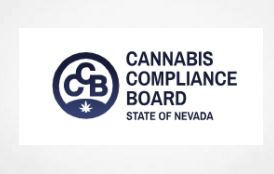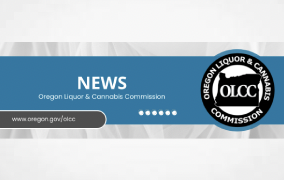On December 12, 2023, the Multidisciplinary Association for Psychedelic Studies Public Benefit Corporation (“MAPS PBC”) announced it has submitted a new drug application (“NDA”) to the FDA for the use of 3,4-Methylenedioxymethamphetamine (“MDMA”) for the treatment of post-traumatic stress disorder (“PTSD”).
This novel therapy utilizes the administration of MDMA, a psychoactive substance that binds to the 5HT2a portion of the serotonin receptor, in a clinical setting in conjunction with psychotherapy. It represents a new modality of treatment that addresses a traditionally drug-resistant mental disorder. MDMA is synthetically derived and thus not considered a “classic” psychedelic, such as psilocybin or DMT, but rather an entactogen. It has been a Schedule I drug under the Controlled Substances Act since 1985. Placing it on Schedule I meant there was no currently accepted medical use and a high potential for abuse, making research access difficult. If approved, it would be the first psychedelic substance approved by the FDA for any indication in any modality[1].
MDMA-assisted psychotherapy was given Breakthrough Therapy designation by the FDA in 2017, which allowed MAPS PBC to request Priority Review of the NDA. The FDA now has 60 days to decide whether the NDA will be accepted for review and whether it will be a priority or standard review. Priority review would shorten the time of review from ten months to six months. If approved by the FDA, the Drug Enforcement Administration (“DEA”) would then be required to reschedule MDMA to make it available for prescription medical use.
The NDA submission includes results from six Phase 2 and two Phase 3 studies. During each study, participants received only three sessions of MDMA paired with psychotherapy and followed by psychotherapy integration sessions, constituting approximately 42 hours in total. In both Phase 3 studies, between 67% and 71.2% of participants experienced remission and no longer qualified for the PTSD diagnosis. Researchers had to navigate several legal and practical hurdles, including procuring MDMA[2], obtaining the requisite Schedule I licensure for research, training psychotherapists, and establishing a training pipeline to ensure enough therapists are qualified to deliver this new form of therapy. According to Rick Doblin, MAPS Founder and Executive Director, clinical trials are costly, and finding investors and donors over a long period of time who “appreciated balancing public benefit and investment returns” was challenging.
MAPS PBC noted that the filing “is the culmination of more than 30 years of clinical research, advocacy, collaboration and dedication to bring a potential new option to adults living with PTSD, a patient group that has experienced little innovation in decades.” If approved, this would represent a significant shift in mental health treatment and bring forth the promise of concrete innovation for patients suffering from PTSD – an area that has wanted medical advancements for decades.
[1] Esketamine (marketed as Spravato®) is a compound that is frequently included under the umbrella of psychedelic-substances, but its mechanism of action does not involve the 5HT2a portion of the serotonin receptor. It is a dissociative anesthetic that has some hallucinogenic effects. Since “psychedelics” is a loose term for substances that have psychoactive properties, some include ketamine and esketamine as psychedelic substances but as it has a different mechanism of action, it is generally not considered a classic psychedelic.
[2] See Wang, J. B., Lin, J., Bedrosian, L., Coker, A., Jerome, I., Feduccia, A., Lilienstein, A., Harrison, C., Heimler, E., Mithoefer, M., Mithoefer, A., Ot’alora G., M., Poulter, B., Carlin, S., Matthews, R., Yazar-Klosinski, B., Emerson, A., & Doblin, R. (2021). Scaling Up: Multisite Open-Label Clinical Trials of MDMA-Assisted Therapy for Severe Posttraumatic Stress Disorder. Journal of Humanistic Psychology, 0(0). and Wolfson, P.E., Andries, J., Feduccia, A.A. et al. MDMA-assisted psychotherapy for treatment of anxiety and other psychological distress related to life-threatening illnesses: a randomized pilot study. Sci Rep 10, 20442 (2020).
[View source.]
https://www.jdsupra.com/legalnews/the-first-leap-to-receive-approval-for-3841494/


















